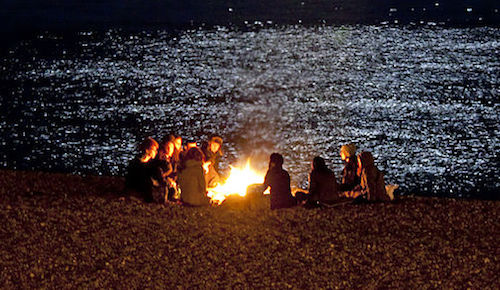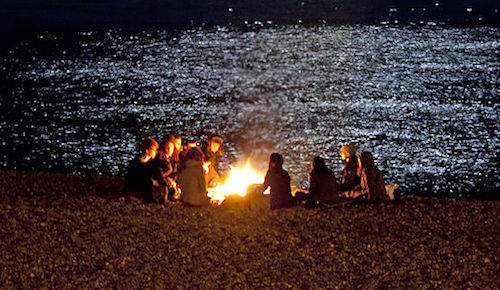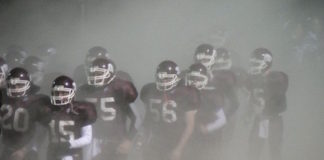Lots of teenagers think that staying up all night is fun, but falling asleep in class can be just one out of a plethora of problems that can occur when you don’t get much sleep.
According research published in 2015 by psychologists Sheldon Cohen with Carnegie Mellon University and Aric Prather from the University of California at San Francisco, someone with less than 6 hours of sleep is 4.35 times more likely to catch a cold.
They conducted the experiment by putting 164 adults through health screenings, questions and interviews, and developed a baseline for things like temperament, alcohol use, cigarette use, and stress. They collected daily mucus samples after giving people a nasal injection of the cold.
According to Eric J. Olsen M.D from the Mayo Clinic, a lack of sleep can really affect your immune system. He says that when you sleep, your body releases proteins called cytokines, which are molecules that carry signals and they can mess with your body’s inflammatory response. A lack of sleep can make your body produce more of these cytokines, which may lead to having less infection-fighting cells during times of little sleep.
“My training is in this field of psychology called psychoneuroimmunology, which basically focuses on how things that go on in the brain (like stress or sleep) affect the immune system,” Prather tells SciJourner in an email. “But quickly saw important gaps in research around sleep, which is where I began to put my energy.”
He also states that sleep is amazing, and that we really don’t have a good explanation of why it happens. “Most people who study sleep focus a lot on how sleep works, and often pay less attention to the context in which sleep happens, like someone’s environment, their level of stress or type of mood, and what it all might mean for health. I am interested in sleep because it is so critical to health, yet sleep rarely gets that kind of attention that it deserves.”
We surveyed 79 students at Farnsley Middle School and we found that 39 students—about 50%–get less than 7 hours of sleep on school nights! That not only affects the student's health but it can affect their grades and school performance. Of those 79 students, 43% have experienced a sense of illness after little sleep.
James K., a student from Farnsley Middle School, told us that on weekdays and school days he gets only 2-4 hours of sleep. He states that he feels "Like I want to go back to sleep, my eyes hurt, I get headaches". He also said "When I wake up my eyes are red, and underneath it's black."
These are all symptoms that could lead to less resistance to the cold virus. This may cause James to have symptoms that relate getting the cold, according to the studies of Prather and Cohen. He might not have enough infection-fighting molecules released while he is sleeping because he got less than 7 hours of sleep. So, he may get sick.
A minimum of 7 hours of sleep is recommended, according to Holly MacCormick from Stanford University's Department of Health and Medicine.
Prather says that, “… [some studies that show a lack of] sleep may contribute to neurodegenerative diseases like Alzheimer’s disease.” Alzheimer's disease is a brain disease that mainly affects the hippocampus—the part of the brain that collects memories—and eventually causes memory loss and a loss of vital abilities.
Prather adds, “But the research is in its early stages.”
Tessa Ann Carby and Hannah Grace Duke Tessa

This work is licensed under a Creative Commons Attribution-NonCommercial-NoDerivs 3.0 Unported License

















Great article little sis made me proud of u